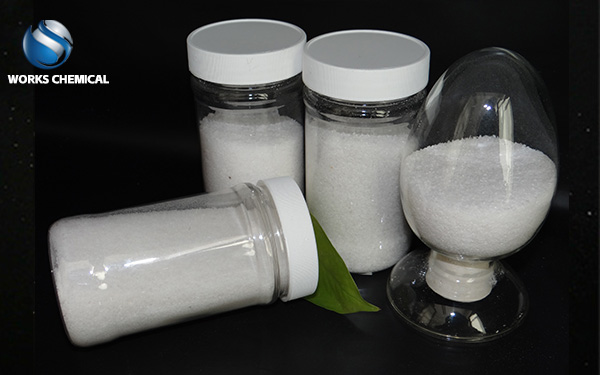
There are significant differences between sludge enhancers and traditional dehydrators in many aspects, the following is a detailed analysis:

One. Main ingredients
Sludge enhancer: usually contains a variety of ingredients, such as sludge surface structure modifier, degreaser, wall breaking agent, sludge surface treatment agent, sludge stripping agent, etc. These components work together to change the surface structure and properties of the sludge to achieve a better dewatering effect.
Traditional dehydrating agents: Common traditional dehydrating agents such as lime, iron salt, aluminum salt, etc., they mainly reduce the moisture content of the sludge through chemical reactions or physical effects.
Two. Mechanism of action
Sludge synergist: mainly acts on the microscopic level of sludge, by changing the surface structure of the sludge, reducing the surface load and specific surface area, destroying the bacterial structure, etc., so that the sludge is more easily dehydrated. The effect is often more significant, and the moisture content of the sludge can be greatly reduced.
Traditional dehydrating agent: mainly through chemical reactions (such as acid-base neutralization, precipitation, etc.) or physical effects (such as adsorption, bridging, etc.) to reduce the moisture content of the sludge. Although it can also improve the dewatering performance of the sludge to a certain extent, its effect is relatively limited, and it is difficult to achieve the deep dewatering effect of the sludge synergist.
Three, application effect
Sludge synergist:
Can reduce the moisture content of sludge from more than 90% to 40%~60%, and achieve the reduction of sludge treatment.
Improve the dewatering speed and efficiency of sludge and shorten the treatment cycle.
No corrosion to the equipment, which is conducive to the subsequent incineration of sludge, brick making, composting and other disposal methods.
Can reduce the frequency of mechanical equipment filter cloth replacement, saving business operating costs.
Traditional dehydrating agent:
The dehydration effect is relatively limited, and may not be able to achieve the low water content of sludge enhancers.
Some traditional dehydrators, such as lime, can be corrosive and cause damage to equipment.
The sludge is not completely dehydrated, and the adjusted sludge is easy to stain the filter cloth, increasing the cost of equipment maintenance.
IV. Application Scenarios
Sludge enhancer: widely used in sludge dewatering treatment in various industries, including living, printing and dyeing, paper making, electroplating, chemical industry, leather and so on.
Traditional dehydrating agent: although it can also be applied to sludge dewatering treatment, because of its relatively limited effect, it may be more suitable for some scenarios with low requirements for dehydration effect.
In summary, there are significant differences between sludge enhancers and traditional dehydrators in main components, action mechanism, application effects and application scenarios. With its unique composition and remarkable dewatering effect, the sludge enhancer has a wide application prospect in the field of sludge treatment.